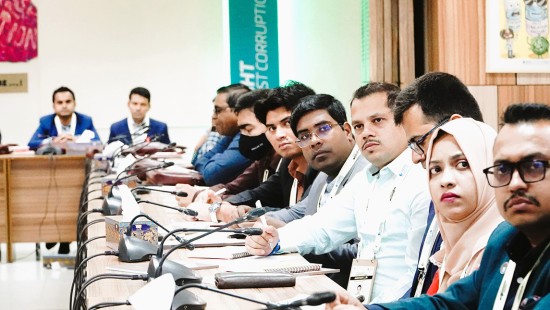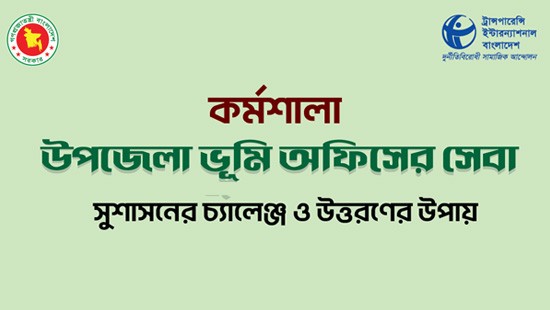Published: 28 May 2025
For millions of Bangladeshis, mobile financial services are a daily necessity. From sending money to paying bills, these platforms promise convenience and quick access. But behind this convenience lies a troubling truth. Transparency International Bangladesh (TIB) found that the sector is charging users far beyond what banks do and consumers are paying a heavy price.
TIB has undergone for a study titled “Governance Challenges and the Way Forward in the Mobile Financial Services (MFS) Sector” where the research pointed out to a sector trapped by weak regulatory policies and political interference. MFS providers, regulators, and influential political figures have formed a powerful alliance, controlling policy and oversight to serve their own interests. This has allowed two companies, bKash and Nagad, to dominate the market. With 84.4 percent and 30.9 percent shares of personal accounts, these giants shut out competition and leave customers with few choices. More than six percent of personal users and 17 percent of agents experienced fraud in 2024, losing amounts ranging from a few taka to hundreds of thousands. Meanwhile, MFS platforms have become channels for bribery, online gambling, and massive money laundering — with USD 7.8 billion moving illegally through these systems in 2022 alone.
According to the study, clients withdrawing money from mobile financial services spent between seven and fifteen times more fees than users of commercial banks and cash in 2024. Banks collected only BDT 639 crore for similar services. Even when compared to neighboring countries, Bangladesh’s fees are shockingly high. For instance, withdrawing BDT 25,000 via bKash costs BDT 372.5 to BDT 462.5, compared to BDT 355.7 in Pakistan (Easypaisa), BDT 231.3 in Myanmar (Wave Pay), and no charge in India (Phone Pay). TIB also exposed regulatory violations by Nagad’s operator, which created nearly BDT 645 crore in excess e-money, risking customer funds. Reports has revealed over BDT 2,300 crore was embezzled and laundered abroad via irregular government allowance payments through Nagad.
Dr. Iftekharuzzaman, TIB’s Executive Director, explained the root of the problem: political groups have exploited loopholes and regulatory weaknesses to control the sector. This capture has hurt ordinary users, especially women and marginalized communities, who pay unfair fees and are excluded from real benefits. He called for urgent reform and investigation to protect consumers. He added that while illegal hundi money laundering has declined with the fall of vested groups, bribery has simply shifted into the MFS system. Bringing the sector under tax rules could help detect corruption and tax evasion.
TIB recommends a complete overhaul, including a dedicated law, capping fees, stronger regulation, and easier transactions across financial systems. It also urges strict punishment for those involved in corruption, no matter their status.







